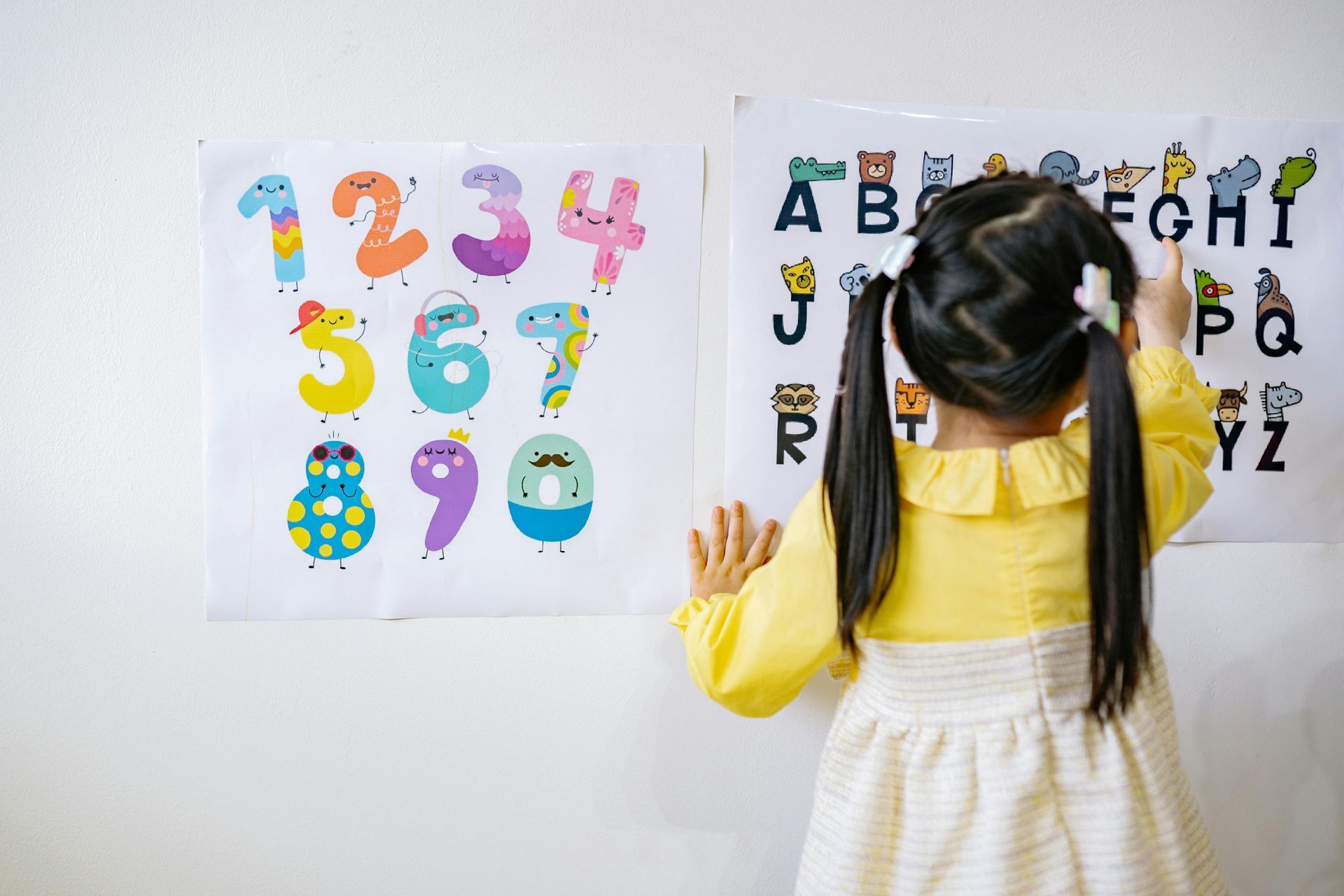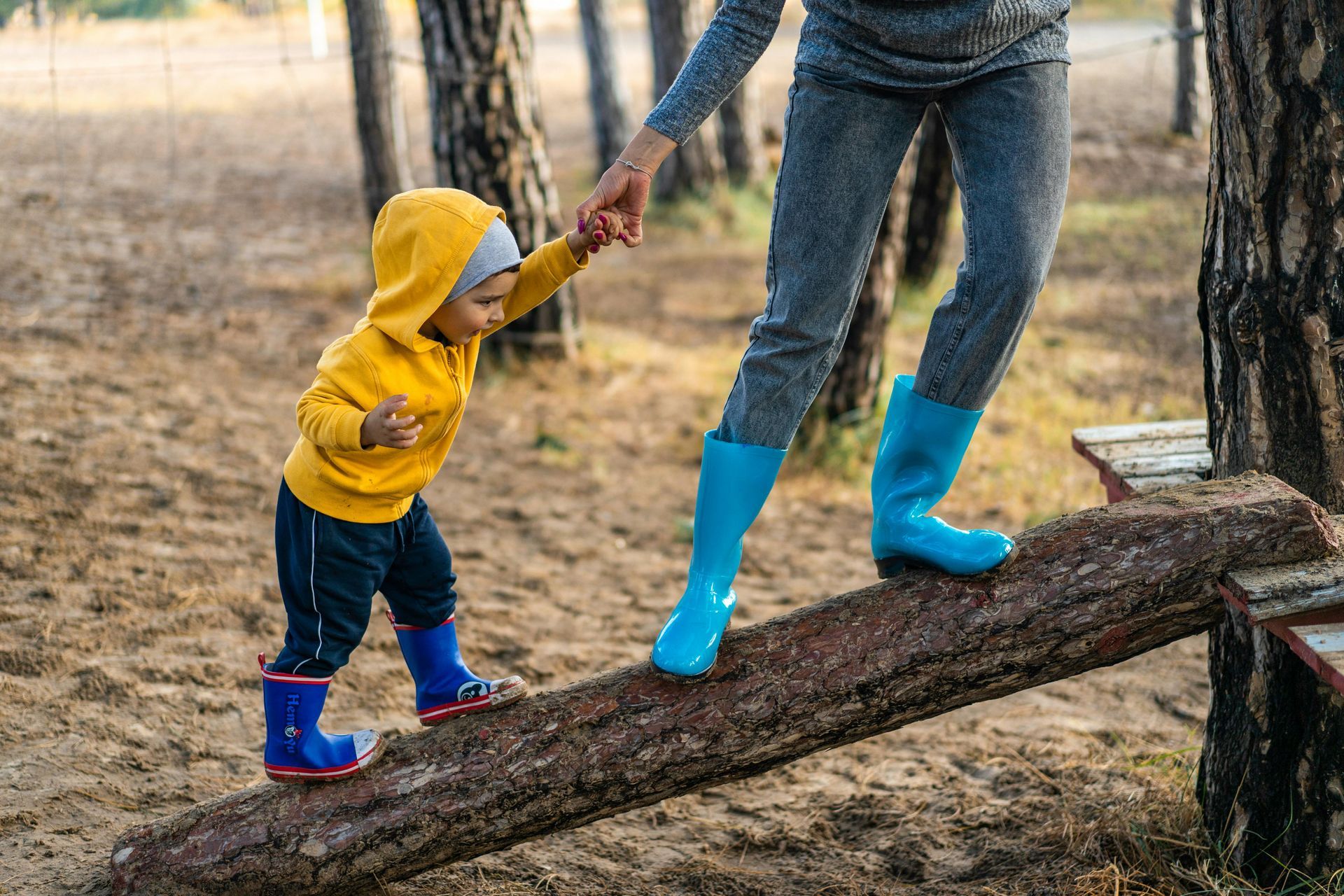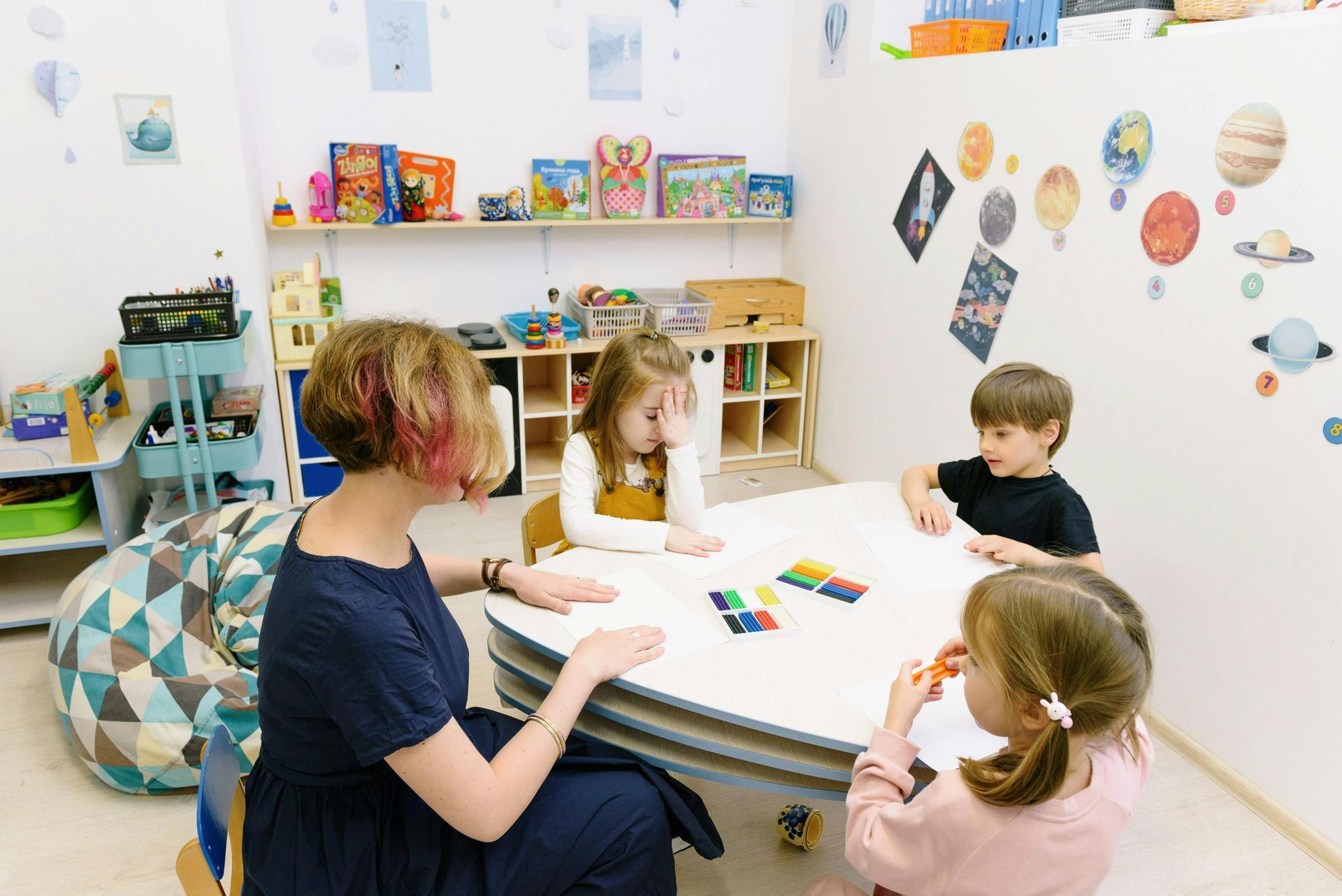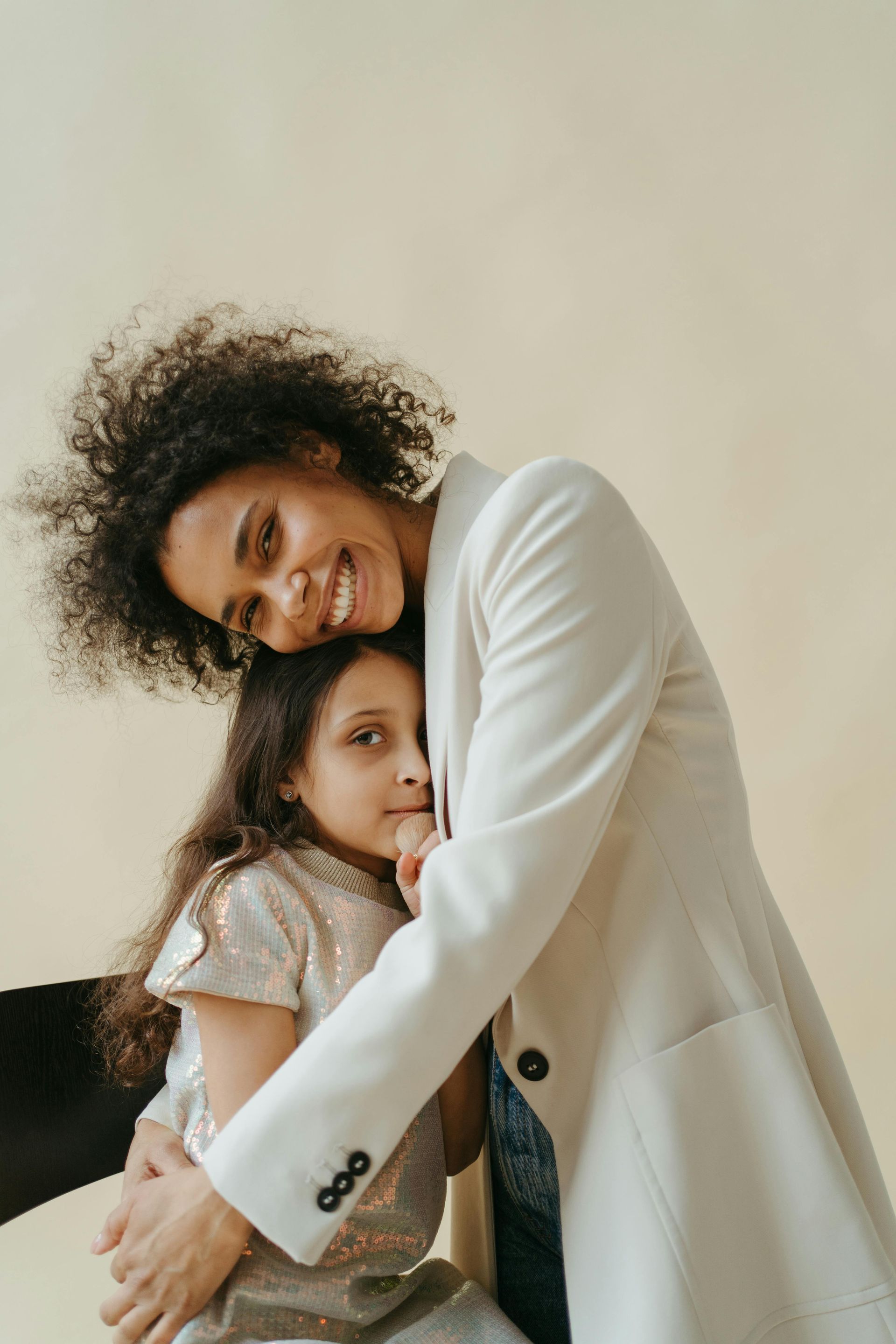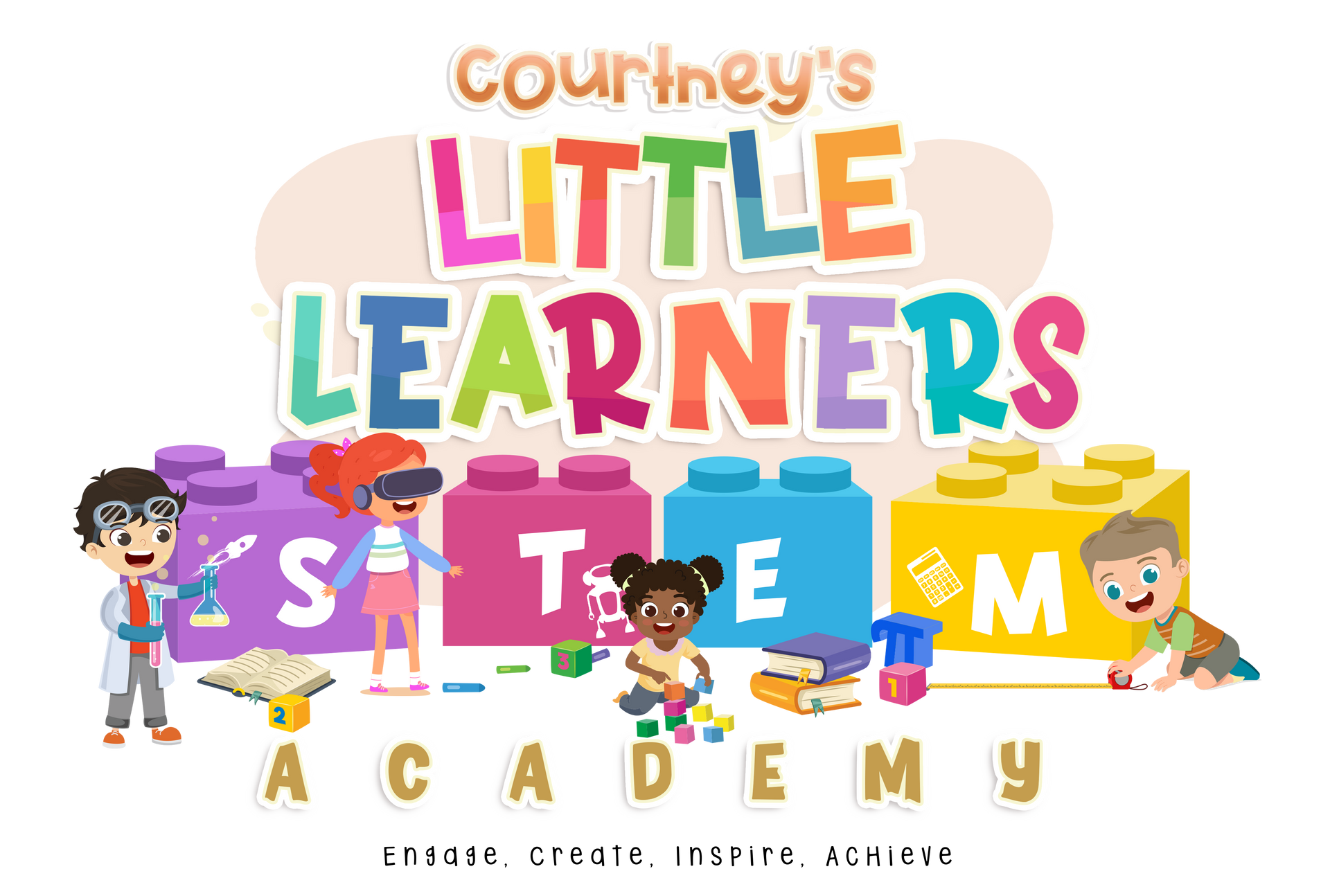By ELLSA Schools
•
June 3, 2025
The Cognitive and Emotional Benefits of Art Artistic activities go far beyond just fun and play—they provide children with valuable learning experiences that support both cognitive and emotional development. Cognitive Benefits of Art in Early Childhood Engaging in creative activities encourages children to explore new ideas, solve problems, and make decisions. Art allows children to experiment with colors, shapes, and textures while developing important skills, such as: Fine Motor Skills Development: Activities like drawing, painting, cutting, and gluing help children strengthen their hand muscles, refine their grip, and improve their hand-eye coordination. These skills are essential for later tasks such as writing, tying shoes, and using utensils. Spatial Awareness and Problem-Solving: When children engage in building or sculpting activities, they learn to understand spatial relationships and experiment with cause and effect. For example, stacking blocks or arranging collage materials teaches them about balance, structure, and organization. Critical Thinking and Decision-Making: Choosing colors for a painting, deciding how to shape clay, or figuring out how to assemble a craft project encourages children to make decisions and think critically about their creations. Emotional Benefits of Creative Expression Creativity also plays a significant role in emotional development, offering children a way to express their thoughts and feelings in a safe and meaningful way. Self-Expression: Art allows children to communicate ideas and emotions that they may not yet have the words to express. A child might use bright colors to depict happiness or create a drawing to illustrate an experience they had. Confidence Building: Completing an art project gives children a sense of accomplishment. Seeing their work displayed in the classroom or bringing it home to share with family fosters pride and boosts self-esteem. Emotional Regulation: Artistic activities can be calming and therapeutic for young children. Engaging in painting, sculpting, or music helps children process emotions, reduce stress, and practice self-regulation. At Courtney’s Little Learners Academy, we incorporate art into our curriculum to help children develop not only their creative skills but also their cognitive and emotional well-being. How We Foster Creativity in the Classroom At Courtney’s Little Learners Academy, we believe that creativity should be nurtured in many forms. That’s why we offer a variety of engaging activities that encourage children to explore different artistic expressions. 1. Providing a Creative and Open-Ended Environment We ensure that our classrooms are stocked with a variety of art materials, allowing children to experiment freely with different mediums. Our creative stations include: Paints, crayons, and markers for drawing and painting Clay and playdough for sculpting and molding Collage materials such as fabric, paper, and buttons for mixed-media projects Building blocks and recycled materials for constructing and assembling By providing open-ended materials, we allow children to explore their ideas without limitations, fostering creativity and originality. 2. Encouraging Music, Movement, and Dramatic Play Creativity isn’t limited to just visual arts—it also includes music, dance, and imaginative play. Music and Rhythm Activities: We incorporate singing, rhythm games, and musical instruments into daily learning. Exploring different beats, sounds, and melodies helps children develop listening skills and an appreciation for music. Movement and Dance: Encouraging children to move freely to music fosters coordination, body awareness, and self-expression. Whether through guided movement activities or free dance, children learn to express themselves physically. Dramatic Play and Storytelling: We provide dress-up stations, puppets, and props that encourage children to act out stories and use their imaginations. Role-playing different scenarios helps children develop communication skills and understand social interactions. 3. Integrating Art with Other Learning Areas At Courtney’s Little Learners Academy, we incorporate art into multiple subjects to make learning more engaging and meaningful. Science and Art: Children engage in hands-on activities such as mixing colors to learn about chemical reactions or creating nature-inspired artwork to explore the environment. Math and Art: We introduce patterns, symmetry, and geometry through artistic projects like mosaic making, shape collages, and measuring for craft construction. Literacy and Art: Drawing, painting, and storytelling go hand in hand. We encourage children to illustrate their own stories, create puppets for storytelling, and engage in creative writing exercises. By blending art with other subjects, we make learning more immersive and enjoyable for young learners. The Role of Caregivers and Parents in Nurturing Creativity While fostering creativity in the classroom is essential, encouraging artistic expression at home is just as important. Parents and caregivers can help nurture creativity by: Providing art supplies at home and allowing children to engage in free, unstructured creative play. Encouraging open-ended exploration without focusing on the final product. Let children express themselves without worrying about making something “perfect.” Asking open-ended questions about their artwork, such as “Tell me about your painting!” or “What inspired you to make this?” Participating in creative activities together, like making crafts, playing music, or acting out stories. By supporting creative expression at home, parents reinforce the skills and confidence children gain in the classroom. At Courtney’s Little Learners Academy, we understand that cultivating curiosity and lifelong learning habits is enhanced by strong partnerships with families, which is why we also provide valuable parenting tips to help build a strong relationship with your child’s caregiver. Conclusion: Creativity as a Lifelong Skill Creativity is about more than just making art—it’s about developing the skills and mindset needed to think critically, solve problems, and express emotions. When children are given the freedom to explore, imagine, and create, they become more confident, independent, and engaged learners. At Courtney’s Little Learners Academy, we nurture creativity in all its forms, from painting and sculpting to music and dramatic play. Our goal is to help children build a strong foundation of self-expression, curiosity, and innovation—skills that will benefit them throughout their lives. By fostering a creative environment, we ensure that children don’t just learn facts but develop a lifelong passion for exploration and discovery. Creativity opens the door to endless possibilities, and we are proud to provide a space where every child can express themselves freely and develop the skills they need to thrive.


